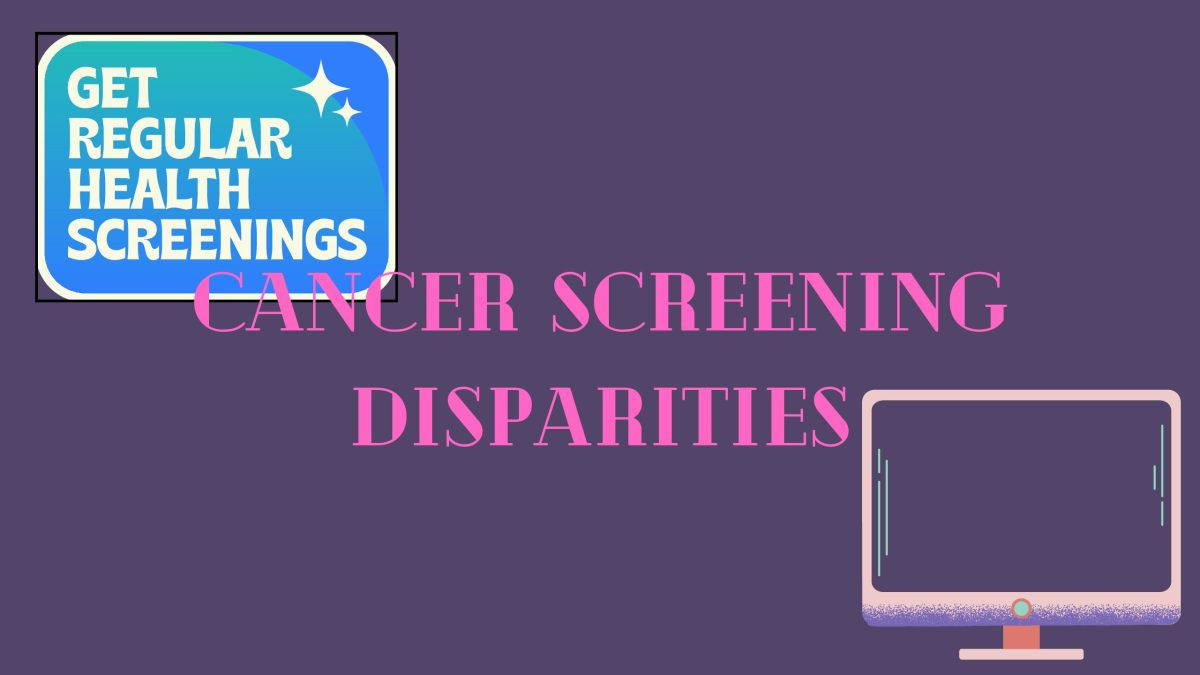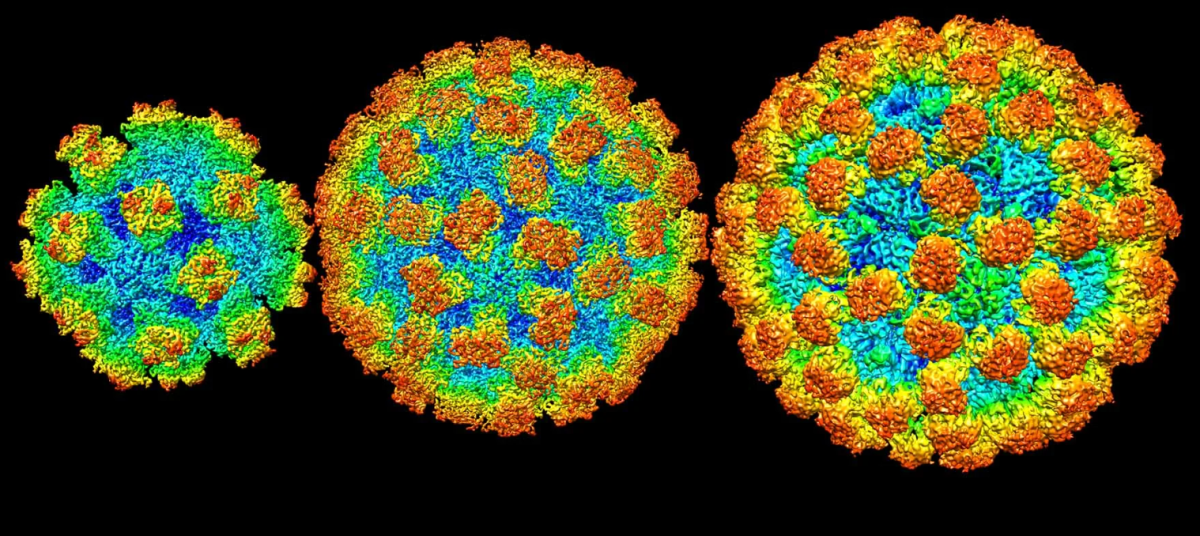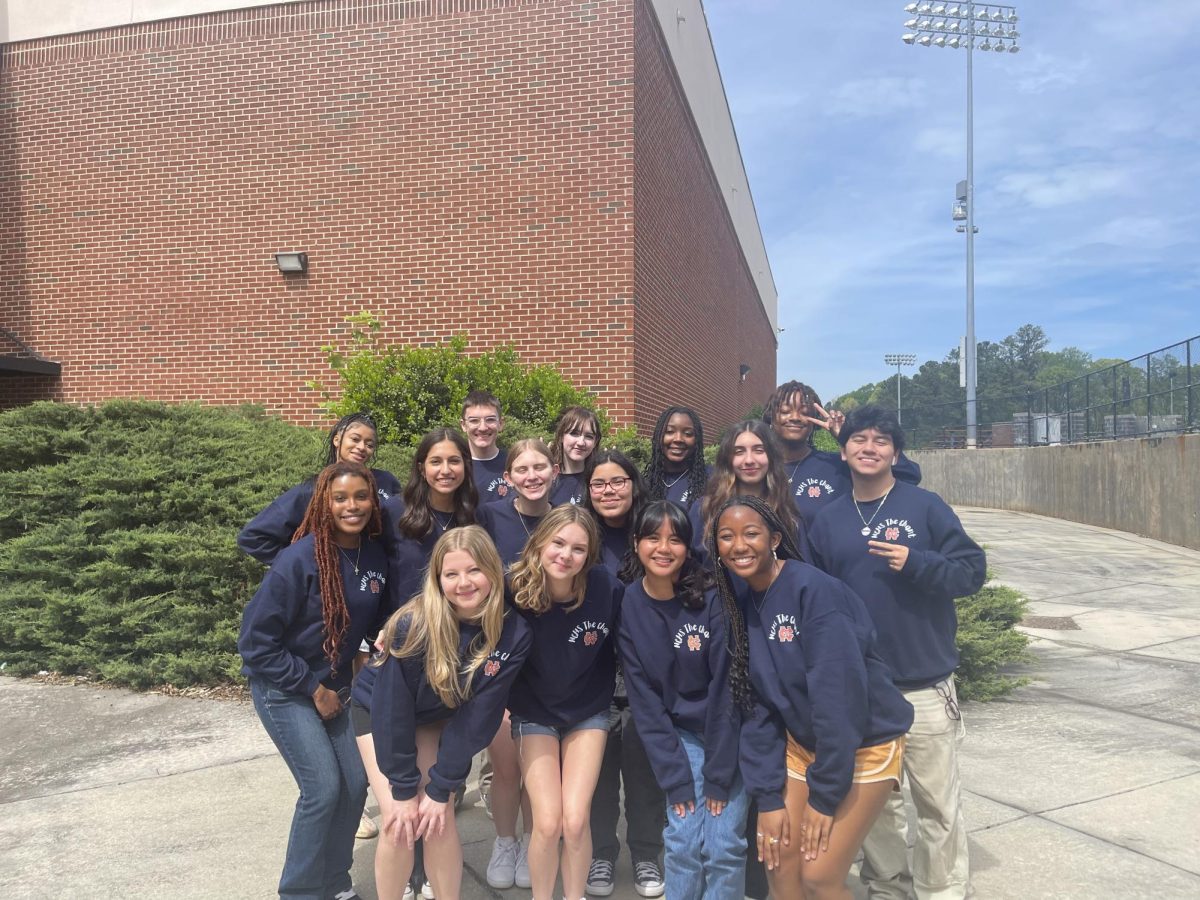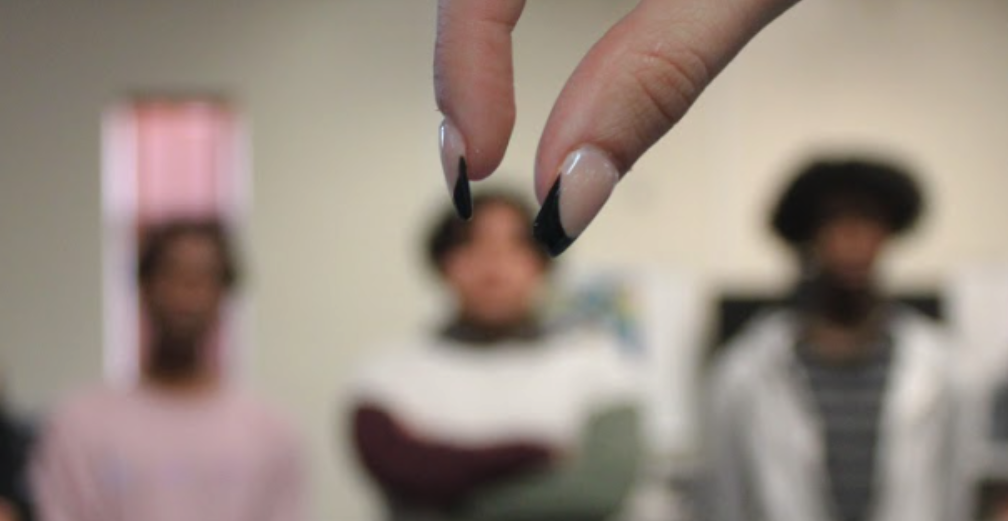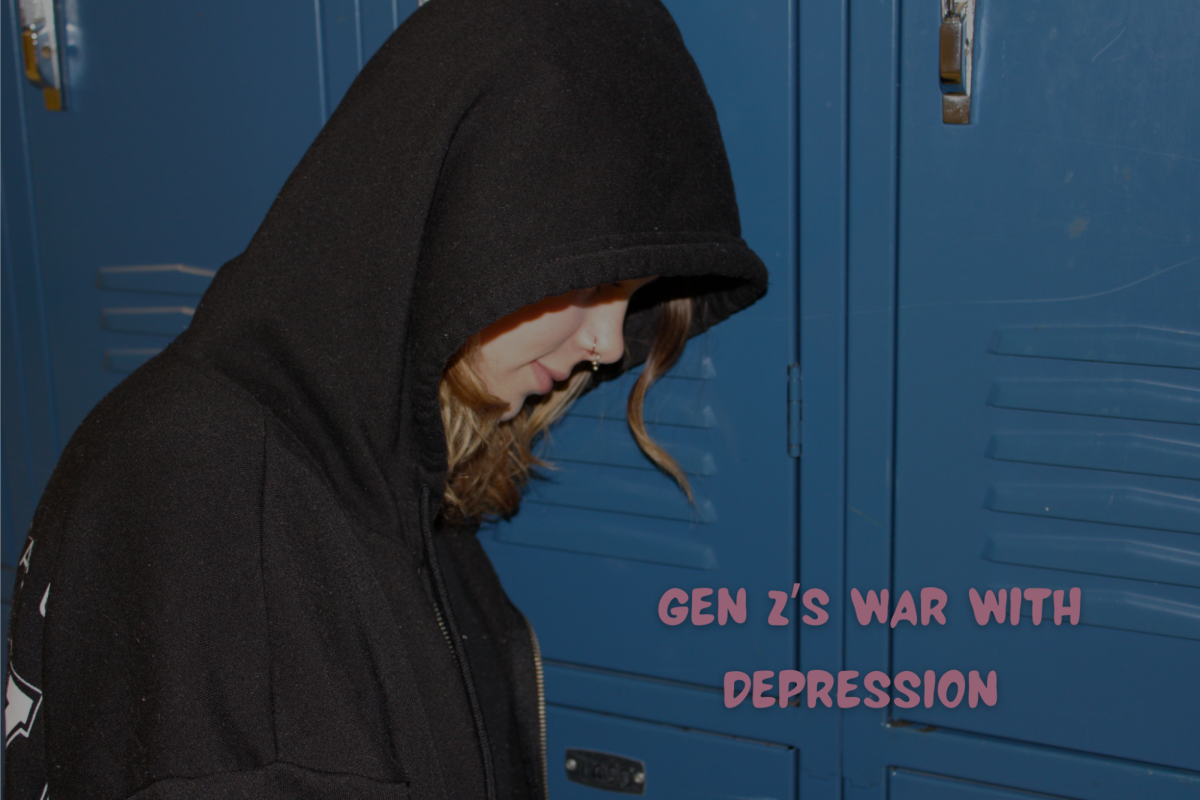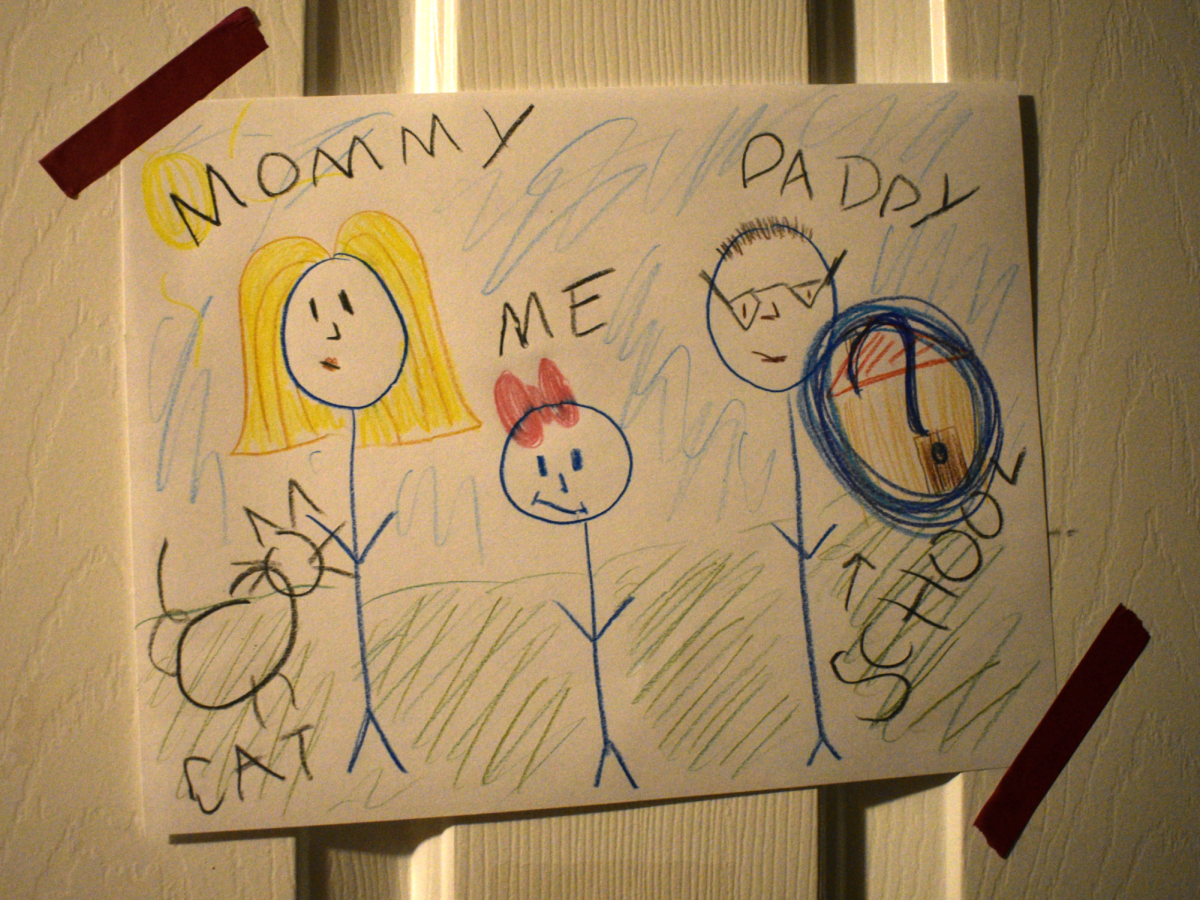Cancer, the second-leading cause of death worldwide, can become aware to people through cancer screening. Regardless, certain demographics do not receive the opportunities to detect cancer that other races receive. This issue remains prevalent in Atlanta, Georgia amongst Black women with breast cancer.
Due to a higher chance of removing cancer from a patient if detected early, healthcare providers use cancer screening to check signs of the disease before a patient shows symptoms. Cancer screening includes mammograms for breast cancer, pap tests for cervical cancer and tomography for lung cancer. Various research done by several professors can back up cancer screening disparities; the research shows how the inequalities in cancer screening sprout from economic and social discrimination.
“I believe everyone should regularly receive cancer screening and everyone should have availability for screening. Going to the doctor is backed up by insurance, so insurance should aid in regular screening. However, I can tell you first-hand there’s a lack of screening in rural areas compared to more developed areas,” Honors Government and Economics teacher Dr. Pamela Roach said.
Americans obtain resources that help provide them with health care such as insurance through their employers and federally funded programs such as Medicaid and Medicare. However, certain ethnic groups such as Hispanics and Latinos remain uninsured due to cultural and language barriers. This obstacle leads them to less access to cancer screening. Furthermore, Black people, Hispanics and Latinos frequently reside in areas exposed to high levels of environmental pollution. Structural and interpersonal racism can lead to psychosocial stressors, which can increase the chance of one obtaining cancer. These environmental factors make it exceedingly crucial to implement cancer screening amongst minorities. Data shows that COVID-19 also led to availability or delays in cancer screening.
In Atlanta, death rates due to breast cancer appear the highest amongst Black women. Black women discovered they received cancer in stages significantly later than their white counterparts. Moreover, Black people struggle to obtain access to healthcare due to the barriers they face. Due to the high breast cancer mortality rates in Atlanta, assessing mammogram disparities will help decrease these rates because they do not discover the disease until its later stages after receiving a poor diagnosis.
While this issue may seem unlikely for local governments to combat, implements such as Winship Cancer Institute of Emory University focus on eliminating cancer screening disparities in Georgia and nationwide.
“Our vision and charge are to reduce the burden of cancer throughout all of Georgia. We have a golden opportunity. The time is right to have a center like this so that we can make a real impact in terms of the lack of equity in cancer health outcomes,” PhD Theresa W. Gillespie said.








